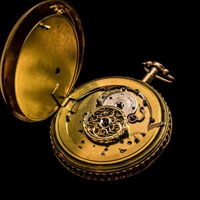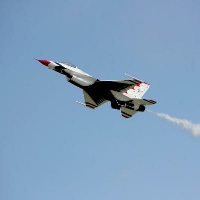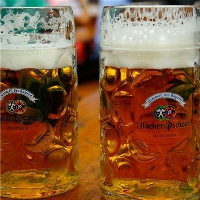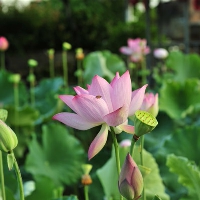How many scores will be required for Sichuan College Entrance Examination in 2023 to go to Wuhan University of Technology? This article will introduce the estimated enrollment score of Wuhan University of Technology in Sichuan in 2023, and sort out the number of students enrolled in Wuhan University of Technology in 2023. Because the minimum enrollment score of colleges and universities every year is affected by the year, specialty, enrollment plan and other factors, the estimated score and the actual enrollment score will have errors, The estimated score is based on the published data related to enrollment in previous years, so the following estimate is only for reference.
How many scores will be required for Sichuan College Entrance Examination in 2023 to go to Wuhan University of Technology?
According to the previous scores of Sichuan College Entrance Examination and the lowest score of Wuhan University of Technology, we can see that:
The estimated enrollment score of Wuhan University of Technology in Sichuan in 2023 is 590 points
Note: The estimated line is not the actual admission score line. Due to the influence of factors such as the annual enrollment of colleges and universities, candidates' enrollment and enrollment plans, there is a certain gap between the estimated line and the actual admission line, which can be used as a reference for candidates when filling in their applications.
Enrollment plan of Wuhan University of Technology
According to online information, the total number of students enrolled in Wuhan University of Technology in 2022 is about 9200. Generally, the annual enrollment plan and number of students enrolled in colleges and universities will not change much. It is expected that the number of students enrolled in Wuhan University of Technology this year will be basically the same as that in 2022.
Score line of Sichuan college entrance examination in 2022
What are the trump majors of Wuhan University of Technology?
The trump majors of Wuhan University of Technology include: material science and engineering, inorganic non-metallic material engineering, new energy materials and devices, ship and ocean engineering, vehicle engineering, energy and power engineering, marine engineering, civil engineering, communication engineering, automation, etc., which are relatively good majors.
How many scores will be required for the 2023 Sichuan College Entrance Examination to enter Wuhan University of Technology? The above contents are only for reference.










